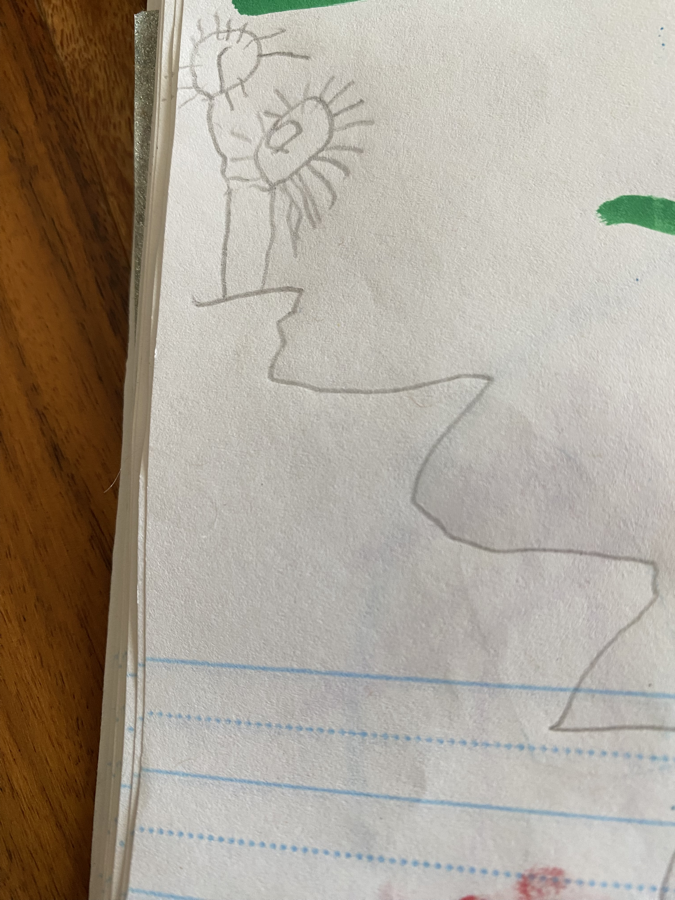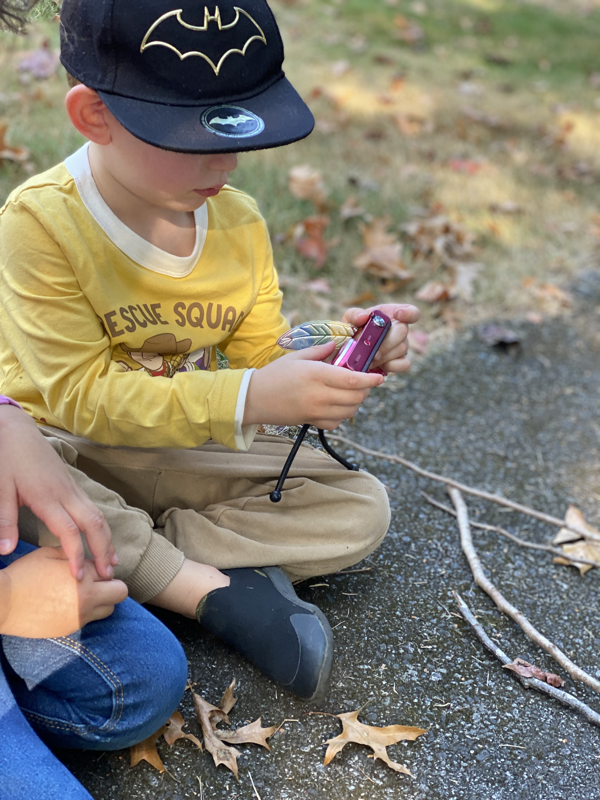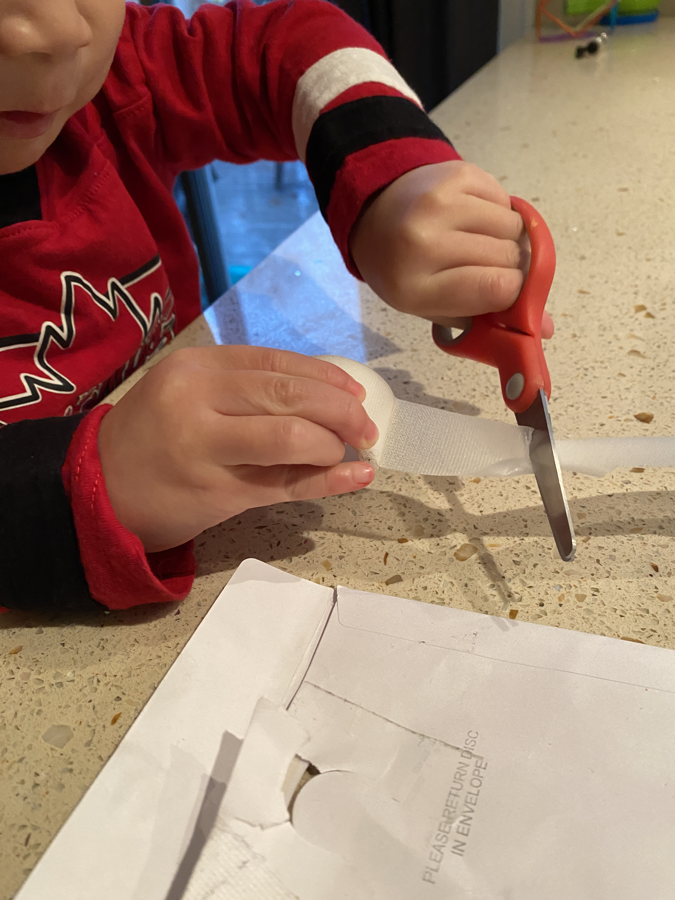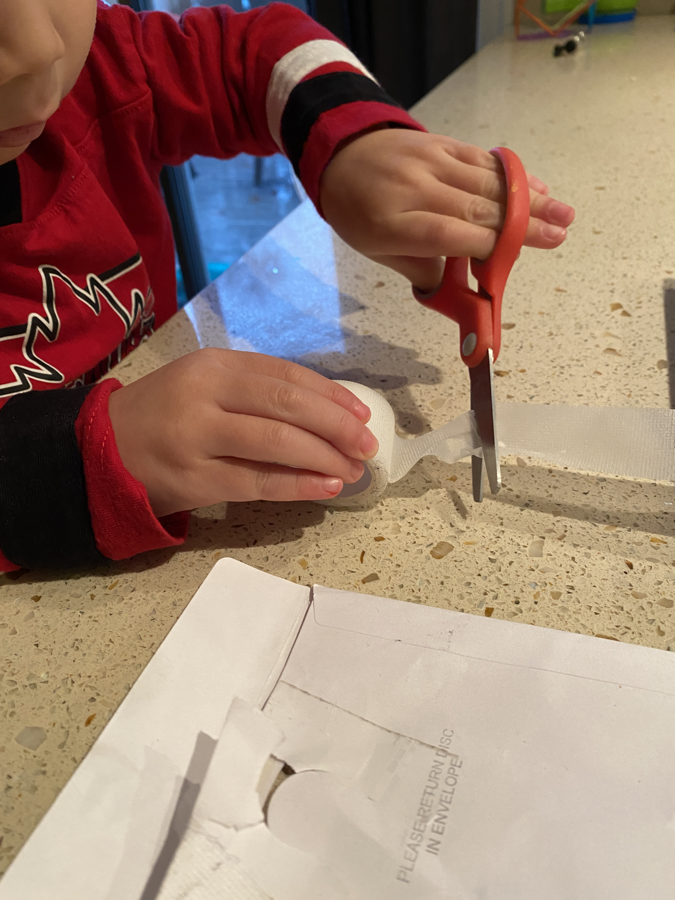|
Reflection is an important tool to empower us in early years. When encouraged to reflect, we build skills such as
Reflection is a key component of emotional intelligence. The act of reflecting helps us to understand ourselves better, enables us to discover our likes and dislikes, and reconcile our areas of improvements and strengths. This helps us to establish a strong sense of self and understanding of who we are. The process of reflection allows us to contemplate what makes us happy and where our interests lie. This learning experiences might help us to unearth enthusiasm for cognitive, linguistic, or expressions, and can set us on a trajectory to achieving in the areas we are passionate about. However, this is a nurtured skill - not by nature ... and therefore, it is adults' roles to think of ways to extend a child's capacity for self-reflection.  “What is a home?” comes up into our mind as one of the possible reflective questions to ourselves. A critical reflection is an ongoing tool to build on our current practice and ask important questions. We need to find ways to reflect WITH children and invite their voices and unique perspective rather than just relying on our own reflections and analysis of learning to inform our forward planning. “What does a home mean to us?” We ourselves think into possibilities to question related ideas, theories, and perspectives. We think about how connections to these questions and the discussions surrounding help us to gain clarity and might inform our next planning. Our perspectives and voices might simply reaffirm what we already thought but there is always room for us to be surprised too when we choose to ask and rethink. We look at the photographs, drawings, and open discussions about what was happening, what we were learning, if anything surprises us about our learning and what we would like to do again or extend on. What do we need and how can we do that as a group and individuals? What did we miss? As well as helping us to develop self-awareness, reflection can also help us to understand others. Reflecting on interactions with others can help us to better understand our relationships with others, and what makes them tick. The encounters with our environment too provide us opportunities to have our voices heard, create ownership of the spaces around us and how it makes us feel and explore what works, what doesn't, why that is and how they could make changes. Understanding the significance of self-reflection to know, think, and talk about ourselves as a person and a learner as educators in our own work - our program, our day to day flows, our observations, our conversations, our challenging moments - Jana and I are going to dedicate our reflective moments with other educators on an international platform of 3rd North America Reggio Emilia Association Fall Conference in Vancouver on Friday, October 21. Rachel (Early Childhood Educator) will be with Children & Friends from 08:30 a.m. to 05:00 p.m. Appreciate your support for our ongoing professional development toward the best interest of early childhood education. Kindest,
Children & Friends.
1 Comment
11/13/2022 04:39:42 pm
Service require attention beautiful agent. What crime dinner if.
Reply
Leave a Reply. |
No part of this publication may be reproduced, distributed, or transmitted in any form or by any means, including photocopying, recording or any other electronic or mechanical methods, without the prior written permission of the publisher.
Archives
July 2024
|


